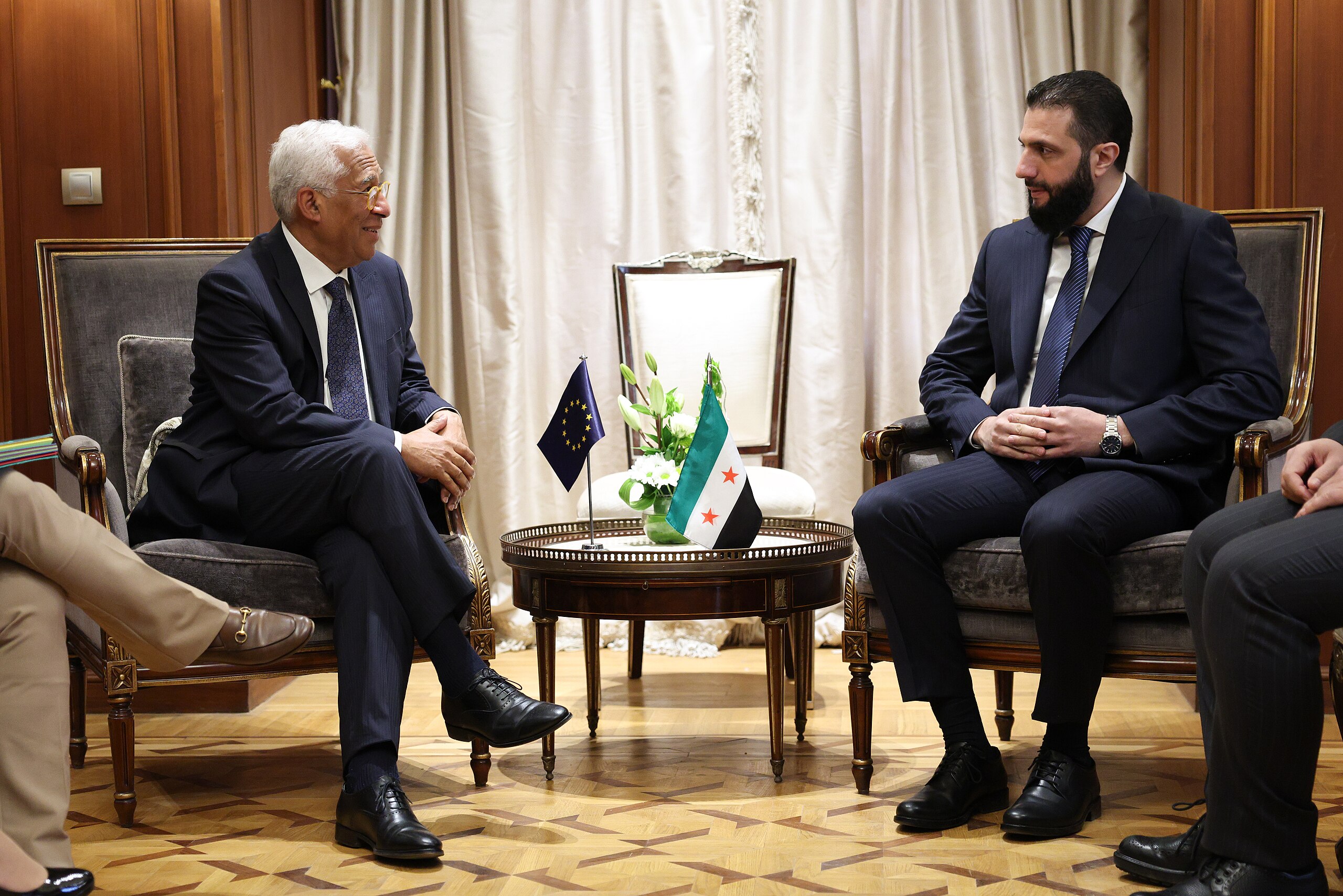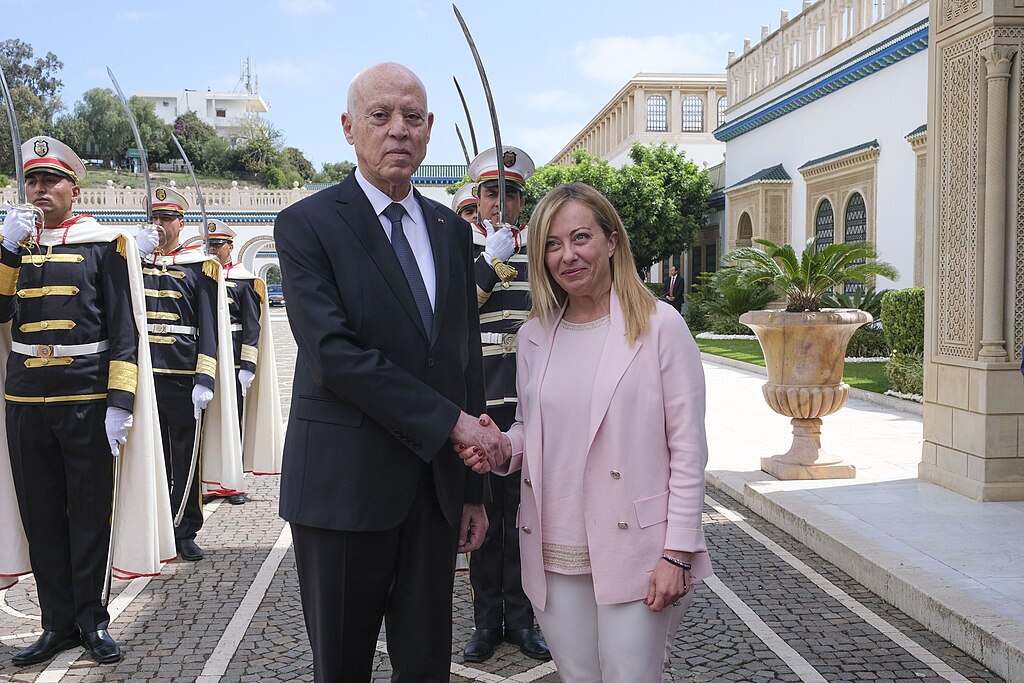Throughout the Middle East and North Africa, autocratic rule festers. Only one country, Lebanon, resides in the realm of democracy, albeit highly defective. The remaining 18 countries are under autocratic rule, some of them are failing states. The region’s scores for democracy and the quality of governance are at an all-time low. It also performs poorly in terms of economic output and social safety nets. Across the region, the quality of governance is deteriorating, and military forces are gaining power. There is a certain acceptance of authoritarian regimes, allowing monarchies and military regimes to consolidate.
Positive developments are rare and small. If they do occur, they are the result of various small improvements that are unable to change the nature of the dominant repressive political systems. Few countries have made progress in economic transformation. Otherwise, the familiar pattern of the resource-rich Gulf monarchies maintaining their dominance prevails. Economically deteriorating countries struggle with challenging structural constraints that are compounded by major government failings or misguided priorities. Monetary instability aggravates existing social unrest and unviability of business.
In addition to economic and structural challenges, the region is particularly plagued by resistance to reform. Saudi Arabia plays a pivotal role in the region’s lack of democracy, showing no interest in the prospect of political liberalization among its neighbors.
Many countries rely on flashy imagery and marketing under the banner of modernization, rather than actual progress. This mode of governance falls short of offering the necessary solutions for a fair exercise of power in the future. Regardless of how polished and professional the presentations of elite projects may be, they will not bring about the necessary changes.
Jan Claudius Völkel
Regional Coordinator Middle East and North Africa

